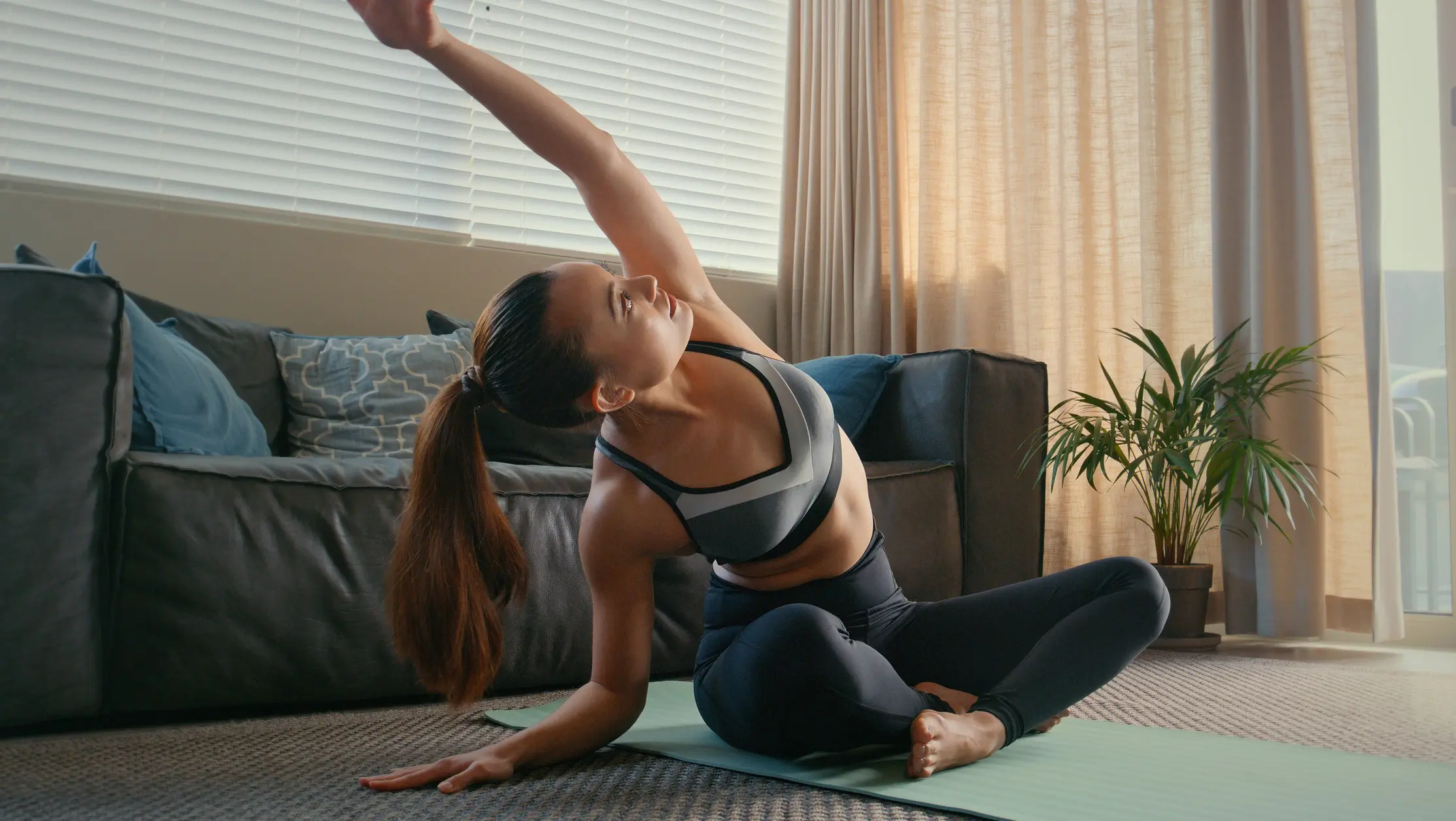Running is an excellent form of cardiovascular exercise that can significantly boost your fitness and overall well-being. Whether you’re a seasoned athlete or a beginner looking to improve your health, understanding the ideal time for running can play a crucial role in optimizing your workout benefits. While the best time to run may vary for each individual based on their preferences and lifestyle, this article will explore the advantages of running at different times of the day to help you make an informed decision and get the most out of your workouts.
Early Morning Runs – Seize the Day!
Running in the early morning has its own unique set of advantages. By lacing up your running shoes and hitting the pavement before the sun rises, you can kickstart your metabolism and energize your body for the day ahead. Early morning runs can also help you feel more focused and mentally alert, setting a positive tone for the rest of your day. Moreover, the relatively cooler temperatures during the morning can enhance your performance, reducing the risk of overheating.
Midday Runs – Embrace the Sun and Beat Stress:
Running during the midday hours can be beneficial, especially for those who prefer to work out in warmer weather. The increased exposure to sunlight helps your body produce vitamin D, which is essential for bone health and overall immune function. Additionally, running during lunch breaks can help alleviate stress and provide a much-needed mental break, leading to increased productivity and creativity throughout the afternoon.
Afternoon Runs – Prime Time for Performance:
For many individuals, the afternoon is the ideal time for running when it comes to peak physical performance. Research suggests that our body temperature and muscle flexibility tend to be at their highest during the late afternoon, leading to improved running performance and reduced risk of injury. This time can be particularly advantageous for speed workouts and more intense training sessions.
Evening Runs – Unwind and Improve Sleep:
Running in the evening can be an effective way to unwind after a long day, releasing tension and stress from work or other responsibilities. Evening runs can also promote better sleep, as they can help regulate the sleep-wake cycle and promote a sense of relaxation. However, be mindful not to run too close to bedtime, as the increase in adrenaline and heart rate may interfere with your ability to fall asleep.
Listening to Your Body – Personalizing the Ideal Time:
Ultimately, the ideal time for running depends on your individual preferences, schedule, and how your body responds to different times of the day. While scientific research can provide insights into optimal timing, it’s essential to listen to your body’s signals. Experiment with different running schedules and pay attention to how you feel during and after each run. By doing so, you can find the time that aligns best with your energy levels, motivation, and overall well-being.
Conclusion:
The ideal time for running to maximize workout benefits is a matter of personal preference and individual responsiveness. Early morning runs can invigorate your day, midday runs offer exposure to beneficial sunlight, afternoon runs optimize physical performance, and evening runs help you unwind and improve sleep quality. Remember to consider your daily routine, climate, and how your body responds to different times. By doing so, you’ll be able to develop a consistent running schedule that enhances your fitness journey and overall health. Happy running!
Recent studies have also highlighted the potential benefits of running in nature, regardless of the time of day. Engaging in outdoor runs, especially in green spaces, can enhance mental well-being by reducing anxiety and depression levels. Additionally, incorporating interval training into your runs, such as alternating between high-intensity sprints and moderate-paced jogging, can further boost cardiovascular health and increase calorie burn.















One Comment